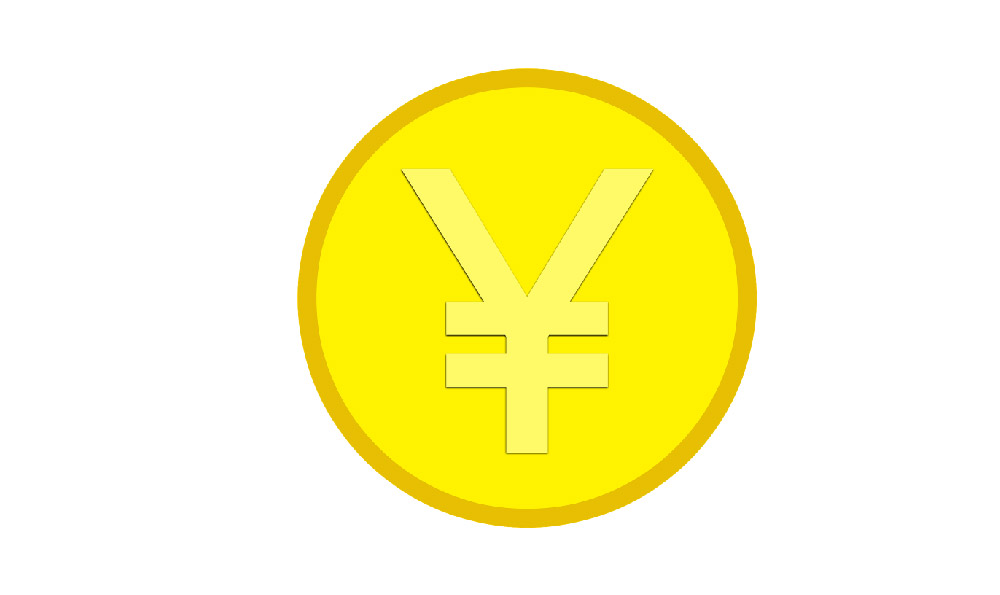The life of a musician is often romanticized, filled with the allure of creativity and artistic expression. However, the reality of earning a living as a musician is multifaceted and often requires a combination of income streams. Understanding these avenues is crucial for aspiring and established musicians alike to achieve financial stability.
One of the most traditional forms of income for musicians comes from live performances. This can range from small gigs in local bars and restaurants to larger concerts in theaters and stadiums. The amount earned from live performances varies greatly depending on the musician's popularity, the venue's size, and the ticket prices. Established artists with a dedicated fanbase can command significant fees for their performances, while emerging artists often rely on smaller, more frequent gigs to build their reputation and earn a steady income. Furthermore, musicians may earn income from merchandise sales at their performances, such as t-shirts, CDs, and posters. Building a loyal fan base is key to maximizing income from live performances and merchandise.
Another significant source of revenue for musicians is music sales and streaming royalties. In the past, musicians primarily earned income from selling physical copies of their albums. However, with the rise of digital music and streaming services, the landscape has shifted dramatically. Now, musicians earn royalties each time their songs are streamed on platforms like Spotify, Apple Music, and Amazon Music. The royalty rates paid by these services are often complex and can vary depending on the artist's distribution agreement. While streaming can provide a consistent stream of income, the per-stream royalty rates are often quite low, meaning that musicians need to accumulate a large number of streams to generate substantial revenue. Digital downloads from platforms like iTunes also contribute to music sales, although their popularity has declined in recent years.

Licensing and publishing rights offer another vital avenue for income generation. This involves granting permission for the use of a musician's compositions or recordings in various contexts, such as films, television shows, commercials, video games, and other media. Licensing fees can vary widely depending on the scope of the usage and the popularity of the song. Musicians can either manage their own licensing rights or work with a music publisher who specializes in securing licensing deals. Music publishers typically take a percentage of the licensing revenue in exchange for their services. Securing placements in popular media can be a significant source of income for musicians and can also help to increase their visibility and reach a wider audience.
Beyond these more traditional sources of income, musicians are increasingly exploring alternative revenue streams to supplement their earnings. These may include teaching music lessons, offering online courses, creating and selling sheet music, and producing music for other artists. Teaching music lessons can provide a stable and reliable source of income, particularly for musicians with strong instrumental or vocal skills. Online courses and workshops can reach a global audience and allow musicians to share their expertise with students from around the world. Creating and selling sheet music can be a lucrative option for composers and songwriters, particularly if their music is popular among aspiring musicians. Producing music for other artists can also provide a significant source of income, particularly for musicians with strong production skills and a network of contacts in the music industry.
Crowdfunding platforms like Kickstarter and Patreon have also emerged as valuable tools for musicians to raise funds for specific projects or to support their ongoing careers. Crowdfunding allows musicians to directly engage with their fans and solicit donations in exchange for rewards, such as early access to music, exclusive merchandise, or personalized experiences. Patreon allows fans to become ongoing subscribers to a musician's work, providing a steady stream of income in exchange for exclusive content and behind-the-scenes access. These platforms can be particularly helpful for independent musicians who may not have access to traditional funding sources.
In the digital age, building a strong online presence is crucial for musicians to reach a wider audience and generate income. This involves creating a professional website, engaging with fans on social media platforms like Facebook, Instagram, and Twitter, and utilizing email marketing to promote their music and performances. A strong online presence can help musicians to build a loyal fanbase, increase their visibility, and drive traffic to their music sales and streaming platforms. Furthermore, musicians can use their online presence to promote merchandise, offer online courses, and solicit donations through crowdfunding platforms.
The path to financial success as a musician is often challenging and requires a combination of talent, hard work, and business acumen. Diversifying income streams is essential for mitigating risk and ensuring a sustainable career. By exploring a variety of revenue-generating opportunities, from live performances and music sales to licensing and crowdfunding, musicians can increase their chances of achieving financial stability and pursuing their artistic passions. Furthermore, continuous learning and adaptation are crucial for staying ahead in the ever-evolving music industry.












